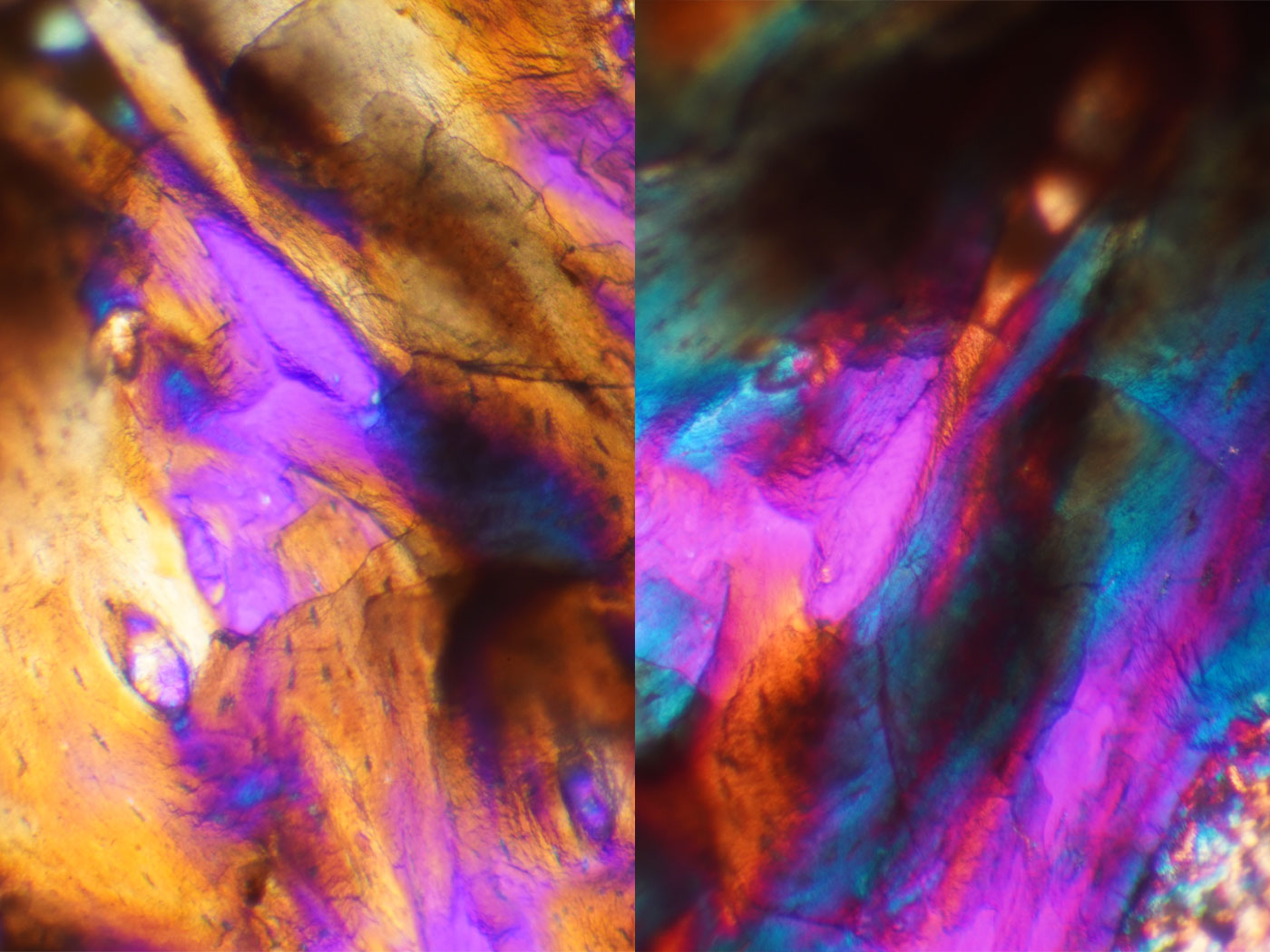
Human Communication: Chance or Design?
Human speech requires precisely organized body parts and biochemicals that are certainly complicated enough on their own to have warranted their special creation. But a new study indicates that gestures also play a key role in interpersonal interactions.

Cell Origin Research Is in Hot Water
Researchers have tried for decades to replicate the conditions and compounds they think were necessary for the first living cell to evolve. Their experimental failures have collectively sent the clear message that such an event is extremely unlikely or even impossible. Even some of the most basic chemicals found in all cells require already-intact cells to make and maintain more.

What Defines an Organism? Biologists Say 'Purpose.'
David Queller and Joan Strassmann, evolutionary biologists at Rice University, recently proposed a new way to describe what makes an organism a unified whole. They defined an organism as an entity made up of parts that cooperate well for an overall purpose, and do so with minimal conflict. But how do parts like these get together, and where does purposeful behavior come from?

Were Stone Age Britons Trigonometry Experts?
Man-made geographical high points in southern England and Wales have been observed for centuries, including earthworks, stone monuments like Stonehenge, and hill camps. But something quite unexpected about their distribution may have been verified.







